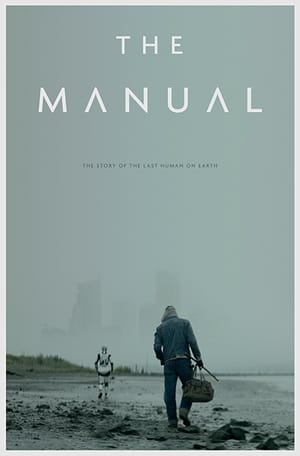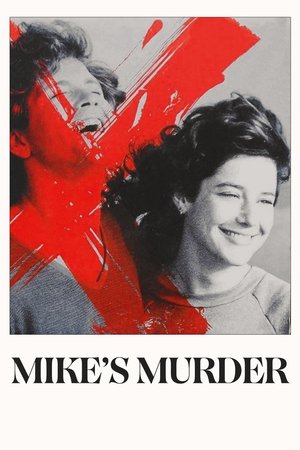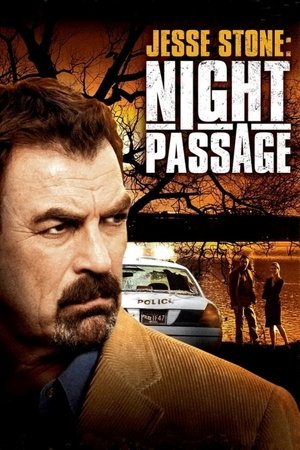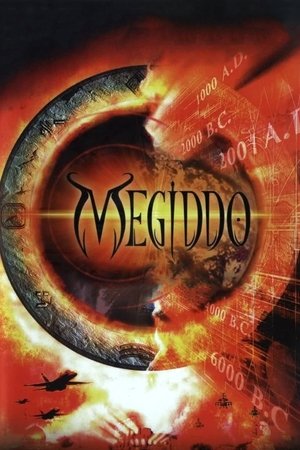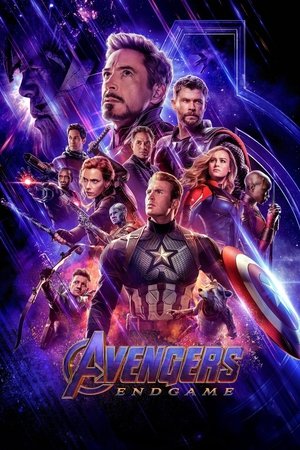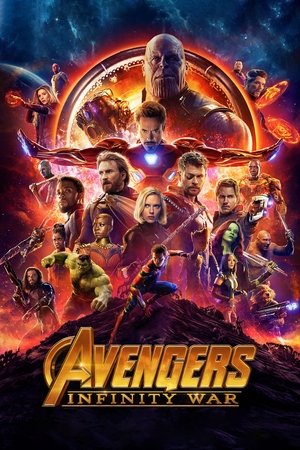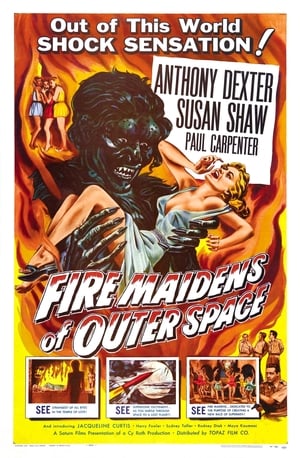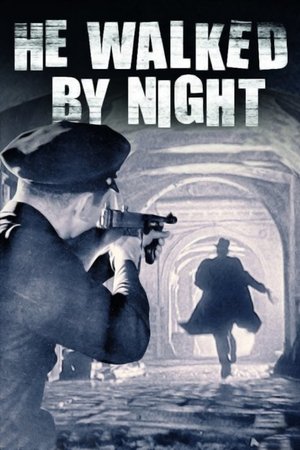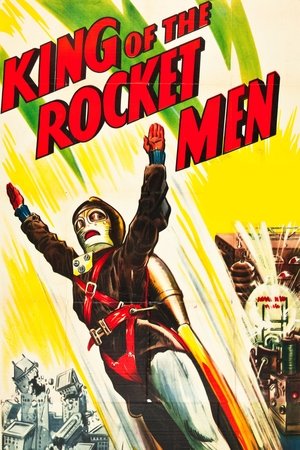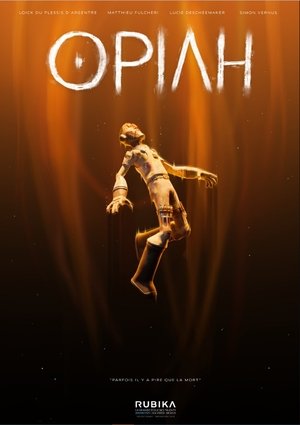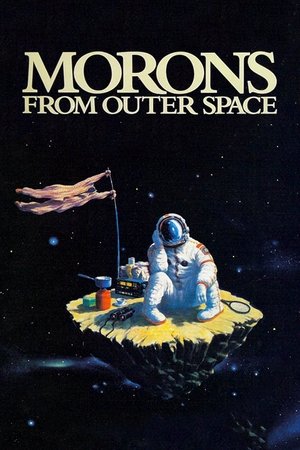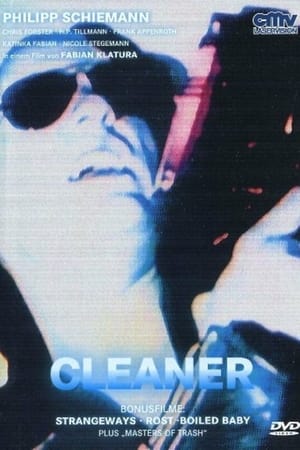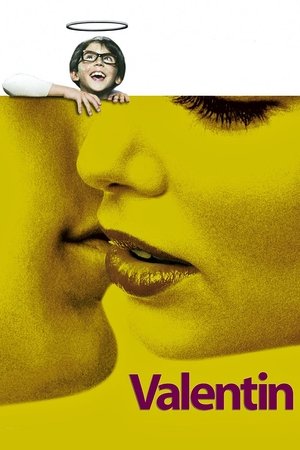Overview
Vincent is an all-too-human man who dares to defy a system obsessed with genetic perfection. He is an "In-Valid" who assumes the identity of a member of the genetic elite to pursue his goal of traveling into space with the Gattaca Aerospace Corporation.
Reviews
***The eugenics-obsessed future in 40s/50s noir***
Several decades in the future liberal eugenics is normal and discrimination is practiced to distinguish "valids" from "in-valids," the latter conceived by natural means and therefore more susceptible to genetic defects. Vincent (Ethan Hawke) is an in-valid who assumes the identity of a disabled valid (Jude Law) in order to fulfill his dream of space travel. Uma Thurman and Gore Vidal are also on hand.
"Gattaca" (1997) is a sci-fi drama “tech noir,” which combines futuristic science-fiction with 40s/50s noir.
It’s not just the suits & hats, the cars look like 50s/60s coupes, but whine because they’re electric. It’s similar in this respect to “Dark City” (1998), but more dramatic. Imagine if “Dick Tracy” (1990) was a somber space-age sci-fi and you’d have a pretty good idea.
The film flopped at the box office while critics generally praised it. It plays better if you have an interest in eugenics and the philosophies thereof. For me, it’s decent, but too low-key. I prefer “Dark City” if I’m going to watch a film of this sort.
The movie runs 1 hour, 46 minutes, and was shot in Southern Cal: Marin County Civic Center in San Rafael; Otis College of Art and Design; CLA Building on the campus of California State Polytechnic University, Pomona; the spillway of the Sepulveda Dam; outside The Forum in Inglewood; and Kramer Junction Solar Electric Generating Station.
GRADE: B-
Simply put, Gattaca is one of the greatest movies ever made. Some might think that's going too far but it truly is a masterpiece. Everything from the casting, set design, cinematography, writing and the Universe in which the story takes place. It is not only a great source of entertainment but an inspiring work of art.
By far the most poetic movie I have had the pleasure of watching. Every line is elegiac and truly beautiful. It's the type of movie that keeps you thinking days after the credits have rolled. Not because it is fast-paced, intense or has a crazy twist ending but for its tranquil philosophical ideas. I highly recommend it to anyone looking for a jaw-dropping movie night. It should be on every cinephile's list of must-watch.
.
"Vincent" (Ethan Hawke) is determined that he wants to travel into space, but is deemed unsuitable by the genetically motivated authorities who decide these things. Luckily for him, he knows "Jerome" (Jude Law). He was in a nasty car accident that has left his paraplegic - but nonetheless, his genetics do qualify for the upper echelons of society necessary to go up in a rocket. The pair quickly establish a partnership by which the latter man develops some techniques to fool the detection devices and facilitate "Vincent" living out his dream. Just as that is set to come true, his boss is found dead in mysterious circumstances and the ensuing investigation could compromise the web of lies and identity fraud that 'Vincent" has carefully established over the years... I honestly can't say I rated the acting here as great by anyone, including Uma Thurman who comes into things later on in the day as a bit of love interest, but the pacing of this story and the underlying premiss of genetic gradation and selection is potently presented here by auteur Andrew Niccol. We are now living in a sterile society where people's merits are all based on their past rather than their potential. Assumptions are made based on whether you eat well, drink, smoke, have sex - almost as if you are accruing (or not) life points, not just for you but for future generations too! The production looks great in it's modern simplicity - even if there is what looked like an old Rover car used to ferry the investigator "Lamar" (Xander Berkeley) and a man who introduces another twist as we near the denouement. Will anyone make it to Titan?

 107 min
107 min
 7.6
7.6
 1997
1997
 USA
USA
 Wuchak wrote:
Wuchak wrote: